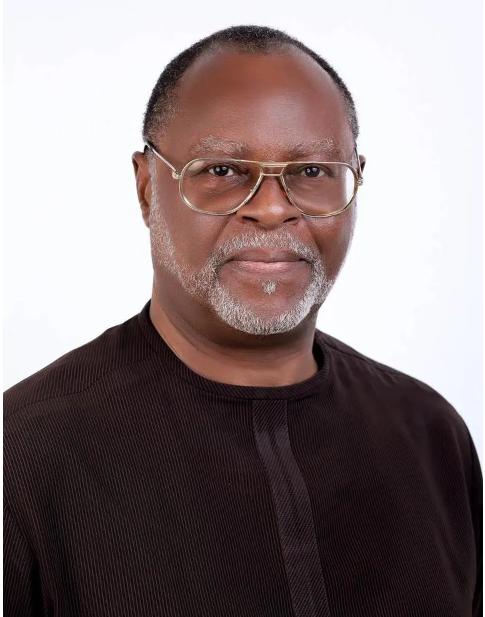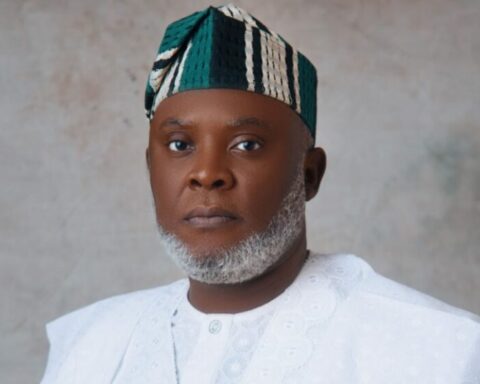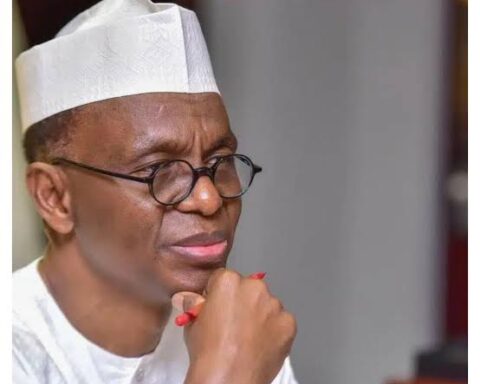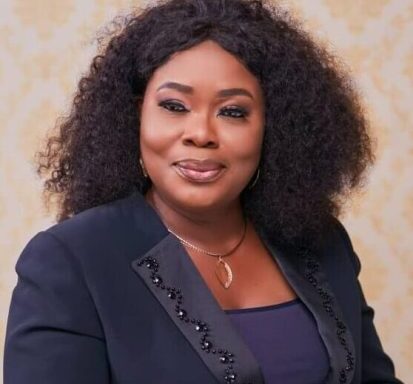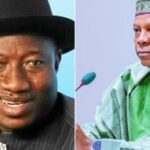One of Nigeria’s foremost literary scholars and public intellectuals, Professor Udenta O. Udenta, has warned that Nigeria’s path to recovery remains uncertain, not only because of political decay or economic decline, but because of what he described as “the collapse of thought” in both governance and intellectual life.
Udenta made this observation during a national webinar themed “Dawn After the Doldrums: Political Reorientation of Adult Nigerians as an Imperative for a Better Nigeria,” organised by Daily Query,a front line online Newspaper.
The event brought together scholars, political thinkers, and civic leaders to explore how Nigerians can reclaim the country’s moral and political direction after decades of institutional decline.
The session, moderated by author and lawyer Babajide Bodede also featured incisive contributions from Prof Anthony Kila,Director of Commonwealth Institute of Advanced and Professional Studies (CIAPS),Barrister Ignatius Ozoilo a constitutional law expert; and Alhaji Rufia Mungonu, a political reform advocate.
Together, the speakers offered a sobering assessment of Nigeria’s democratic condition, questioning whether the much-anticipated “dawn” after years of political stagnation has truly arrived.
Professor Udenta began his reflection by interrogating the optimism implied in the event’s theme.
“When I heard the title ‘Dawn After the Doldrums,’ I thought it suggested that after a period of national convulsion, something good was emerging,” he said. “But honestly, I don’t see anything particularly good emerging from the system today—or even tomorrow.”
According to him, the problem is not just failed leadership but the hollowing out of intellectual engagement in both academia and politics.
“The key problem we face in Nigeria today is the absence of thought,” he said. “We all know there is decay in the political order, decay of the pro-democratic system, and decay of the liberal democratic enterprise. But what frightens me most is the decay of thought itself.”
Udenta drew on Jürgen Habermas’ theory of communicative action, which situates dialogue as the foundation of democratic society. In Nigeria, however, he lamented that public discourse has been replaced by propaganda, opportunism, and performative outrage.
“Public intellectualism involves people talking with one another in a rational and logical manner,” he said. “Through such dialogue, we build social consensus and drive social reconstruction. But Nigeria has lost that space of reasoned discourse.”
He argued that the gulf between ideas and power between thinkers at the margins and those who wield state authority has crippled national progress.
“Profound and reform-driven ideas remain on the periphery, while governance is dominated by mediocrity. Mediocrity now defines the art of governance in Nigeria.”
According to Udenta, the state has normalised laziness and rewarded indolence, suppressing creativity and innovation.
“The tragedy,” he added, “is that many intellectuals have settled into the very structure of the political system they were meant to challenge.”
Expanding the discussion, Professor Udenta introduced the concept of “artificial poverty,” which he described as a deliberate political strategy to control citizens and preserve the status quo.
“Artificial poverty means constructed poverty, an inorganic deprivation,” he explained.
“The wealth is abundant, and people can be lifted out of poverty, but there’s a deliberate attempt by those in power to control distribution so that people remain perpetually poor.”
He argued that this manufactured scarcity sustains vote-buying and elite manipulation.
“When a nation is induced into a state of artificial poverty, politics inevitably becomes monetised to induce certain political behaviours,” he said, urging scholars and policymakers to study the concept as a framework for understanding corruption and elite control.
On electoral and constitutional reform, Udenta said Nigeria’s winner-takes-all political system was incompatible with its diversity and complexity.
“Proportional representation, rather than absolute majority rule, would ensure inclusiveness and discourage monopolisation of power,” he argued. “Our current system breeds hostility and exclusion.”
For Professor Anthony Kila, the first step toward national rebirth is not constitutional amendment or economic reform, but political education, particularly among adults who shape community attitudes and decisions.
“A nation is only as enlightened as its citizens,” Kila stated. “When adults become politically literate, they guide the youth and hold leaders accountable. Without reorientation, every reform agenda will remain superficial.”
He emphasised that civic awareness is not a luxury but a democratic necessity, calling for sustained adult education programmes and structured civic dialogues to rebuild trust between government and citizens.
“We must teach people not just to vote, but to understand why they are voting and what they should expect from those they elect,” he said. “That is the essence of participatory democracy.”
Adding a practical dimension, Alhaji Rufai Mungonu, a long-time reform advocate, blamed Nigeria’s dysfunction on the monetisation of politics and the manipulation of democracy.
“Our main challenge is manipulation,” he said. “Money politics is the main problem. Those in power use every means to intimidate others. They give N1,000 or N5,000 to buy votes, recycling the same people again and again.”
Mungonu called on educated Nigerians, especially the middle class, to assume a moral responsibility to reshape civic behaviour and demand accountability.
“Those of us not in government may not have the money,” he said, “but we have a duty to chase out this culture from our midst if we truly want to make our country great.”
